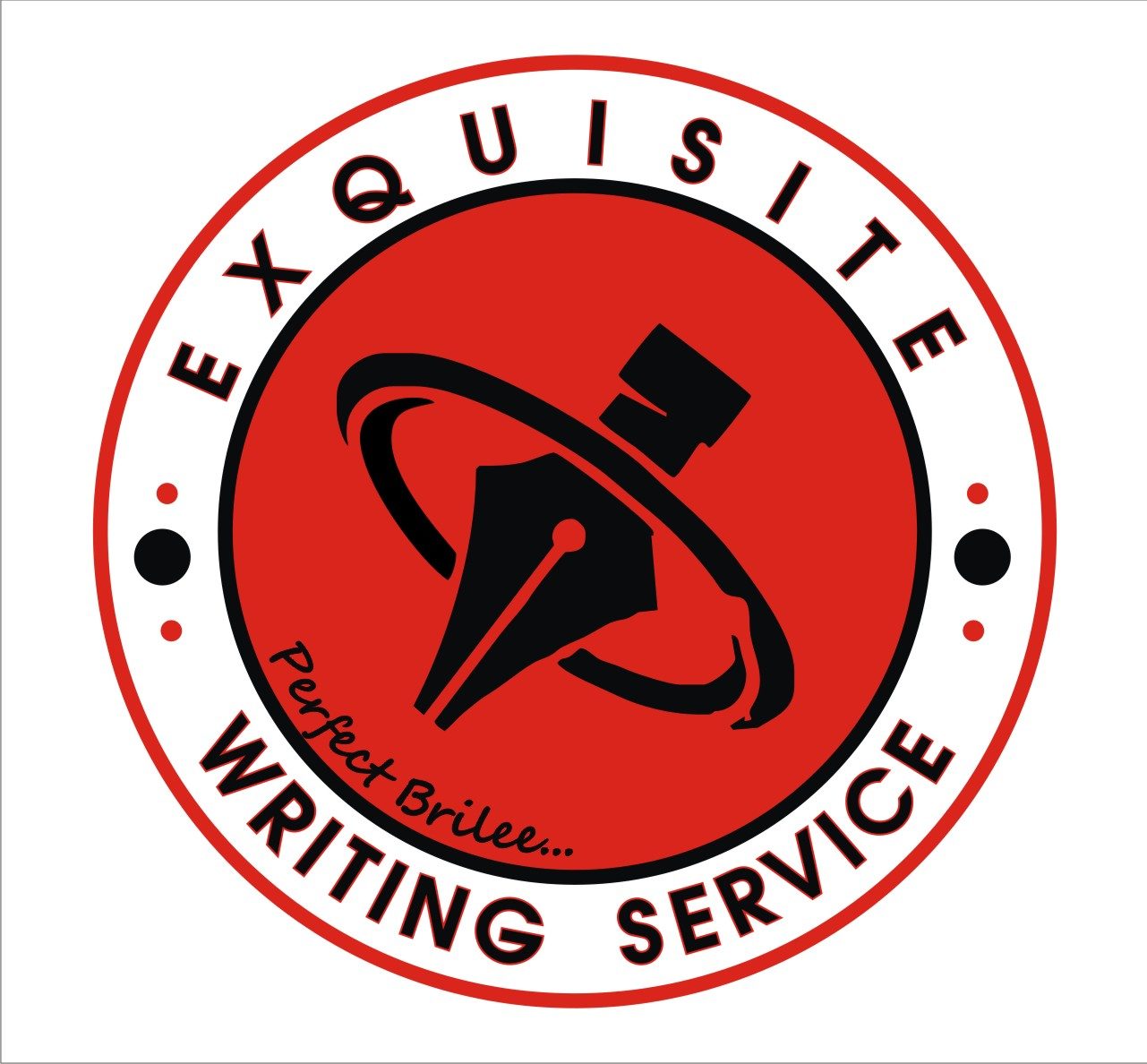The Exquisite Writers have always maintained that writing can be lonely, and this loneliness can make you stuck.
Even for those who love coffee, the cold coffee might not inspire the imagination they want.
So you can be between the drafts, deadlines, and yes, doubts!
But trust me, you are far from being alone.
Even best-selling writers have their fair share of ordeals and face creative fog.
But there’s good news. (Trust The Exquisite Writers always to have).
And the good news? The right story at the right moment, reminding you that your voice matters!
This article features four remarkable reads that are not just about writing, but also speak to your Writer’s soul.
Set? Let’s go!
4 Weekend Reads to Reignite Your Fire
Here are five reads to reignite your fire now:
1. Bird by Bird by Anne Lamott
Why should you read it?
This piece isn’t just a writing manual—it’s a survival guide designed for the writer’s soul.
In this book, Anne Lamott doesn’t sugarcoat the process, not even a bit.
She knows exactly what it means to wrestle with imposter syndrome, doubt, and a blank page that constantly stares back at you like it’s there judging your whole life.
Bird by Bird is powerful because it clearly combines unwavering compassion and brutal honesty.
Lamott has a way of whispering what writers and all readers need to hear, even when it stings a little.
She shares her messy, chaotic writing life—her failures, fears, and panic attacks—and reveals that creativity doesn’t stem from perfection.
Instead, it comes from persistence.
Excitedly, she’s funny, too. Yes, laugh-out-loud funny.
She’ll make you giggle one minute, and hold your chest the next moment as something she says will hit you a little too close to your heart.
Therefore, whether you’re wrestling with your first novel or your fifth draft of a blog post, Lamott will remind you that the answer you need is always the same:
Just take it bird by bird—one simple small step, one minute chunk at a time.
Quote That Hits From The Piece:
‘Almost all excellent writing starts with terrible first efforts. You must start somewhere.’
Dear Writer, let that sink in! The messiness is also part of the magic.
The garbage draft doesn’t amount to failure—it’s the first act of courage.
Thus, if you’re waiting for the perfect moment to get started or for your words to flow flawlessly on the first try, this piece will gently remind you to return to reality: just begin.
And keep moving, one bird at a time.
2. The War of Art Written by Steven Pressfield
Why Should You Read It?
Has doubt stolen your writing routine, procrastination, scrolling, perfectionism, or strangely urgent laundry?
Then you haven’t met the villain Steven Pressfield dubbed “Resistance.”
In this piece, Pressfield doesn’t mince words.
He squarely treats creativity both as a gift and a fight.
And it’s not the glamorous type, either. It’s the gritty, daily grind type where a person’s biggest enemy isn’t someone else, but themselves!
They are your fear, excuses, and voice that often whispers, “Maybe tomorrow.”
Resistance, he says, is both destructive and annoying.
It’ll style itself as research, self-doubt, self-care, and even busyness.
And unless you identify it for what it is, it will keep you stuck—forever.
This book is a forceful slap in the face and a fist bump, all at once.
It’s tough love from a person who’s been there.
Someone who knew the pain of a half-finished manuscript, the shame of skipping another day, and the pains of waiting to write instead of writing.
However, The War of Art wasn’t written to discuss punishment. It is about power!
And that’s your power. To push through the fear, to show up, and to execute the work anyway.
Not for perfect results, not for praise, but because you’re a skilled writer, and writing is what you have decided to do.
Quote That Hits From The Piece:
‘Resistance will steer you away from doing your work. It will fabricate. It will perjure; it will even seduce you. Resistance always lies, and it’s always full of shit.’
Therefore, next time you hear a voice telling you to “wait till it’s time,” or “maybe this idea isn’t that right,” identify it. Yes, that’s Resistance talking.
And what’s the best way to shut it up?
Write anyway!
3. Big Magic by Elizabeth Gilbert
Why Should You Read It?
Has fear been riding shotgun on your creative works?
Elizabeth Gilbert is that gentle, calm, and wise voice that orders it to take a back seat.
Big Magic is more than a book—it’s a gentle invite to come home and explore your creativity without guilt, shame, or the heavy weight of perfection.
Gilbert isn’t the type who will romanticize the artist’s struggle.
Instead, she acknowledges and celebrates the play in the process.
She is a great believer in creativity, emphasizing that it is something to enjoy—never something to suffer through.
Her piece dares readers to follow their curiosity rather than chase “success.”
And it emphasizes that if you’ve been buried in worrying about your work not being good enough or self-doubt, she will remind you: ‘You actually don’t need permission from anyone. You just need it from you!
A refreshing aspect of the book is how light it feels.
The piece isn’t pretentious or heavy-handed.
It’s more like having your favorite drink with someone who believes in you and stops to let you talk yourself out of something that truly matters—and that’s you.
Gilbert pushes writers to bury myths (like the ones we mentioned in our article).
It reveals myths that say everything we make must be flawless and profound.
Your role isn’t to be brilliant—it’s to be courageous.
It maintained that you must keep showing up, following that spark of interest, and examine where it leads you.
Yes, that’s the magic!
Quote That Hits From This Piece:
‘Complete is more worthy than good.’
Sink that in!
Why is this vital? If you’ve been paralyzed by the idea, it will make you think your writing must be perfect before you push it.
Thus, if this is how you feel, this line is your wake-up call!
The real goal is to finish.
To bring your story out. Stop overthinking every comma and simply make the damn thing!
This piece will make you nod, laugh, and maybe sigh in relief.
Because it rightly reminds you that creativity shouldn’t have to be torture.
It can also be strange, joyful, imperfect, and amazingly yours.
So fire on! Write badly. Complete early. Examine the weird idea. And most important of all—write without apology.
4. On Writing by Stephen King
Why Should You Read It?
This book is similar to sitting down with a master of the craft.
A person who happens to talk to you like a no-nonsense older sibling who expects you to get serious about your writing.
It’s part practical guide and part memoir. Stephen King pulls back the curtain on what it really takes to be a writer.
It is not in theory; however, it is in the real, messy, daily world.
This piece wouldn’t just romanticize the process.
He doesn’t speak about writing as a magical force that needs to flow through you when the stars align.
Instead, he helps you see writing as a job. A gentle craft.
A daily decision to constantly show up and get the work done even when it’s difficult, even when they are tired, or even when they should have been watching Netflix.
On Writing isn’t mechanical or dry.
It’s filled with brutal honesty and deeply human moments, from King’s near-fatal crash to the humble starts of his writing career (spoiler: it began with rejection letters fastened to a wall).
Well, through it all, King shows that even a literary warrior started exactly somewhere where they were unseen, unsure, and stubborn enough to keep moving anyway.
You will also find an almost spiritual undercurrent to the piece. King treats the act of writing with a great level of reverence.
It’s not just a piece, it’s a worthy work. And what does that blend? It blends tough love and deep respect, which many writers need to hear.
Quote That Hits From The Piece:
‘Newbies sit and wait for inspiration, the rest get up and go to work.’
That is a badass line! It lets the reader know that waiting for the right mood, the perfect idea, or the perfect setting is a trap.
Magic doesn’t come before writing.
Instead, it shows up because you keep writing.
If you’ve been hesitating, stalling, or convincing yourself this isn’t the time, On Writing will send you out of excuses and take you into action.
Not through guilt. Instead, it will be through clarity.
Writing is purely hard.
Yes, it’s lonely. But it’s also sacred. And guess what? It is worth doing anyway!
Final Thoughts
Keep showing up! Keep firing up!
Even if writing feels hard for you right now, it’s simply normal.
It’s never because you’re doing something wrong. Instead, it’s because you really care.
That struggle? It means you won’t give up!
So breathe. Enjoy the weekend.
Read something that reminds you why it truly matters. And then, when you’re set, one word will gently lead to another.
Yes, you can do it!


1 thought on “Dear Writer: 4 Weekend Reads to Reignite Your Fire”